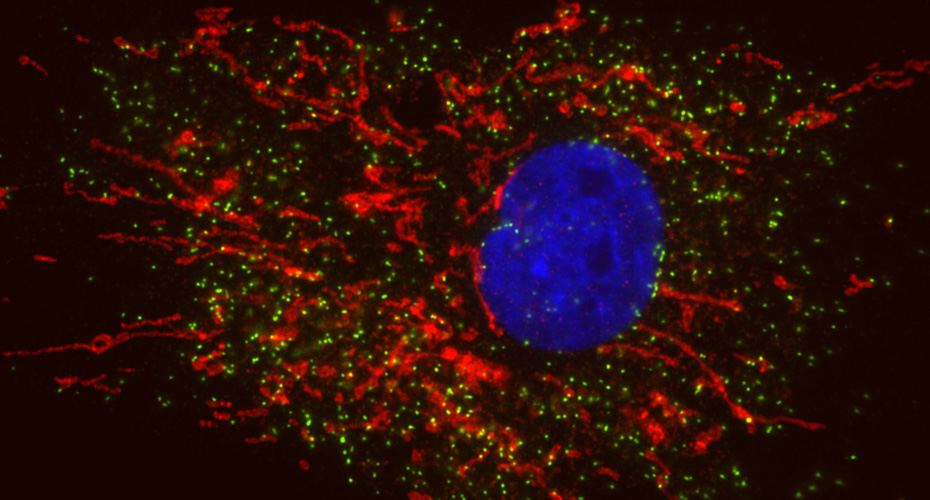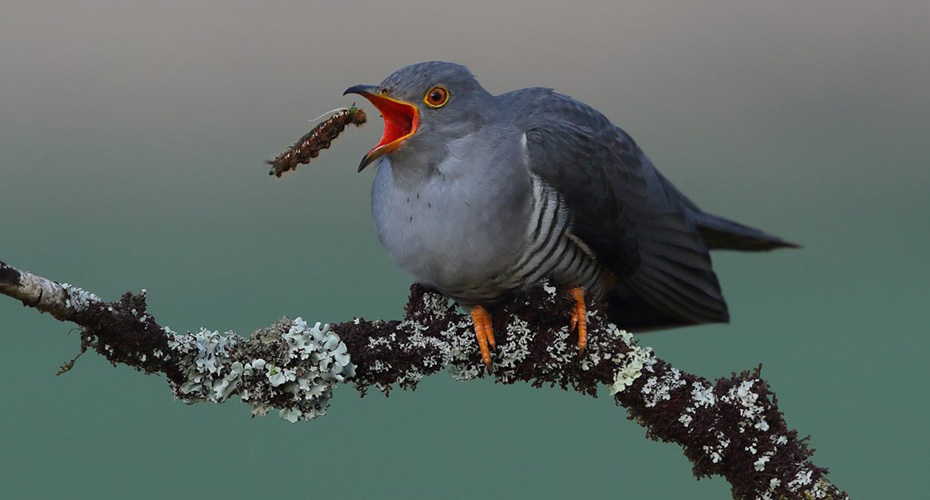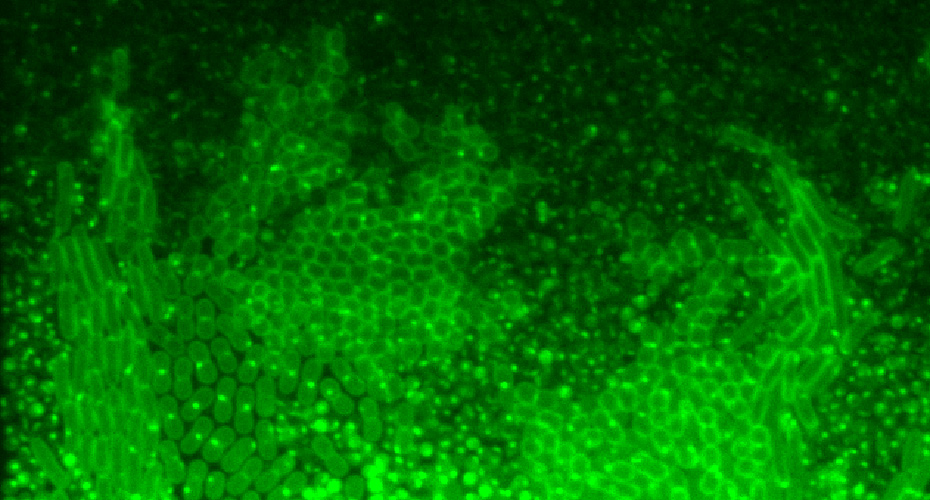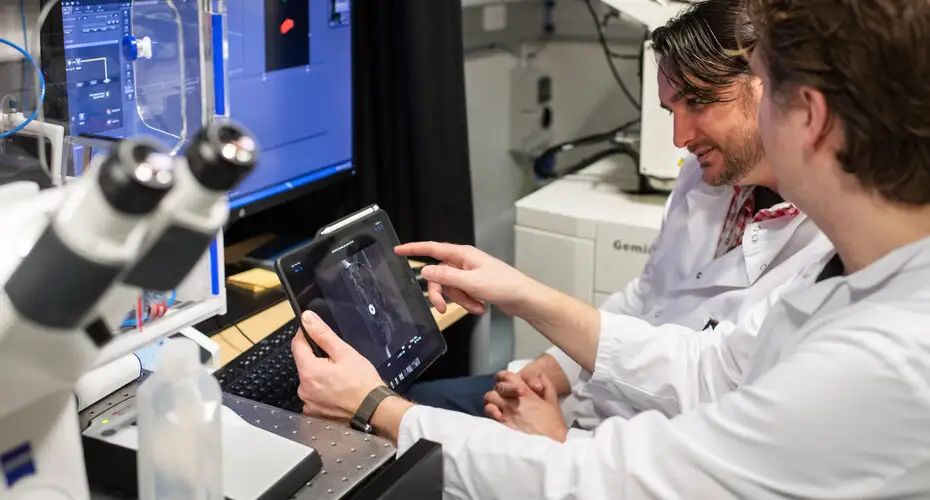Research
Biosciences has a diverse and outstanding research portfolio in the areas of Cellular Systems, Microbes and Disease and Sustainable Environments and Food Systems. We focus on improving human and environmental health by using multidisciplinary approaches to understand the fundamental principles of life, from the molecular and cellular level to the functioning of ecosystems and we apply this to improve health and tackle disease. Biosciences includes the Centre for Medical Mycology and a number of researchers within the Living Systems Institute.
Director of Research and Impact
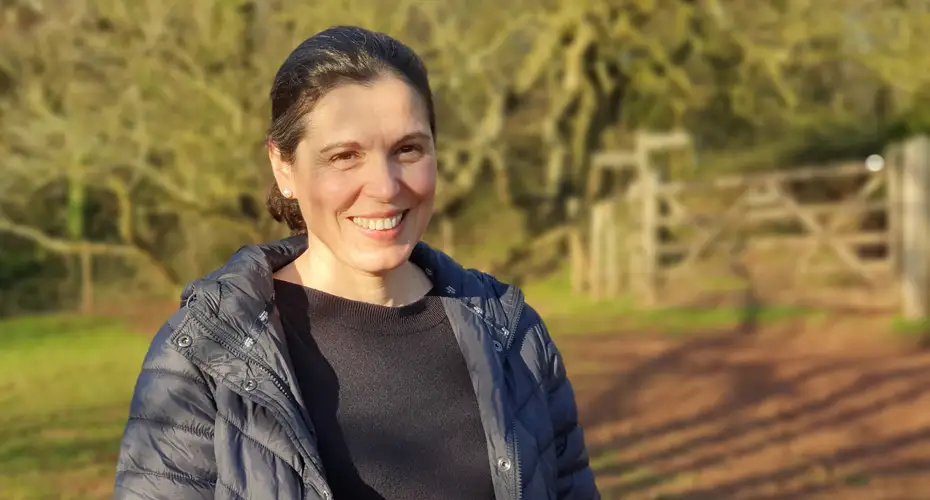
Our research themes
Join our research community
Biosciences currently has more than 25 Independent Research Fellows, funded by NERC, BBSRC, the Wellcome Trust, the Leverhulme Trust, Marie Sklodowska Curie, and others. Our diverse funding portfolio supports our vibrant community of early career researchers, from graduate students to postdoctoral researchers and independent research fellows.
Our postgraduate research students benefit from quality research-led teaching and supervision across the breadth of Biosciences; access to outstanding facilities; and links with regional, national and international partners.
